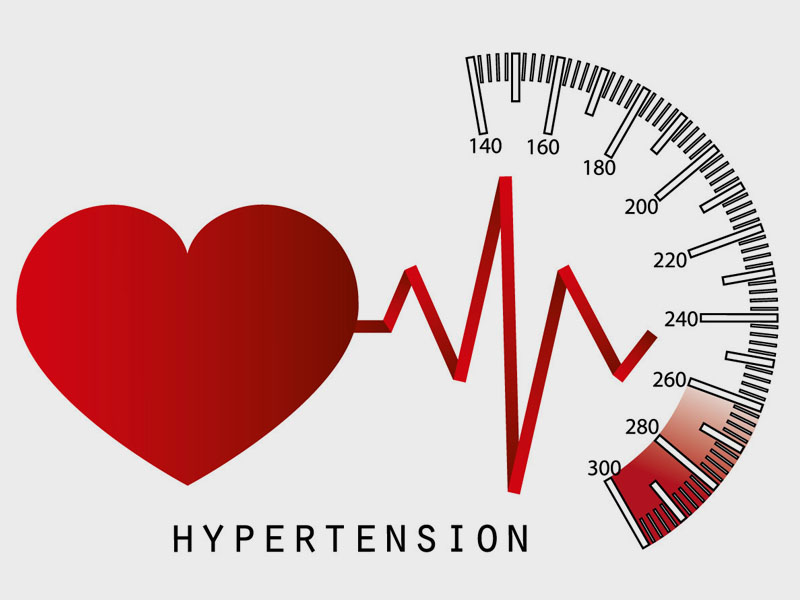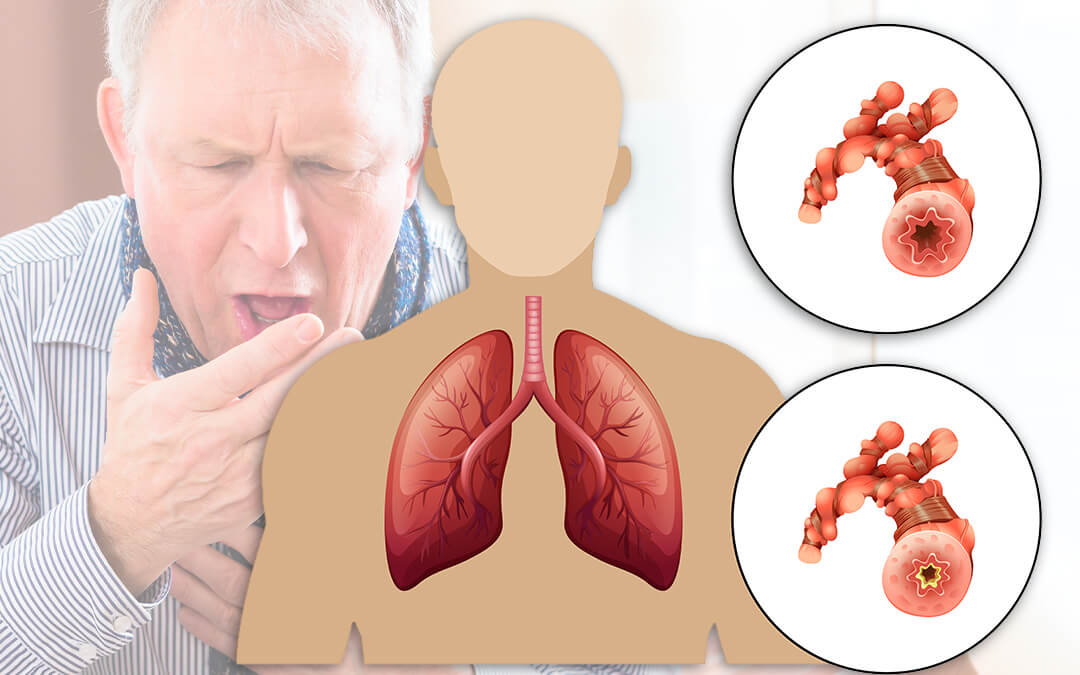
Thyroid Disorders: Understanding, Management, and Prevention
Thyroid disorders affect the functioning of the thyroid gland, a vital organ responsible for regulating metabolism, energy levels, and overall hormonal balance. Early detection and management are key to maintaining optimal health.
Types of Thyroid Disorders
1. Hypothyroidism
- Cause: Underactive thyroid due to autoimmune conditions, iodine deficiency, or certain medications.
- Symptoms: Fatigue, weight gain, dry skin, and sensitivity to cold.
- Management: Hormone replacement therapy and regular monitoring.
2. Hyperthyroidism
- Cause: Overactive thyroid due to conditions like Graves' disease or thyroid nodules.
- Symptoms: Weight loss, rapid heartbeat, nervousness, and heat intolerance.
- Management: Medications, radioactive iodine therapy, or surgery.
3. Thyroid Nodules
- Cause: Lumps in the thyroid, which may be benign or cancerous.
- Symptoms: Often asymptomatic but may cause swelling or difficulty swallowing.
- Management: Observation, biopsy, or surgical removal if necessary.
4. Thyroiditis
- Cause: Inflammation of the thyroid gland due to autoimmune conditions or infections.
- Symptoms: Pain in the thyroid region, fever, and fluctuating thyroid hormone levels.
- Management: Anti-inflammatory medications and symptom-based treatment.
Causes and Risk Factors
- Autoimmune Disorders: Conditions like Hashimoto's or Graves' disease impact thyroid function.
- Iodine Imbalance: Both deficiency and excess iodine intake can disrupt thyroid function.
- Family History: Genetic predisposition to thyroid conditions.
- Radiation Exposure: Increases the risk of thyroid issues.
- Hormonal Changes: Pregnancy and menopause may influence thyroid health.
Prevention Tips
Healthy Lifestyle Choices
- Maintain a balanced diet rich in iodine, selenium, and zinc.
- Engage in regular exercise to support overall hormonal health.
- Avoid excessive consumption of goitrogenic foods like soy and cruciferous vegetables if predisposed to thyroid issues.
Regular Check-Ups
- Get routine thyroid function tests, especially if there is a family history of thyroid disorders.
- Monitor for symptoms like fatigue, weight changes, or mood swings.
- Consult a healthcare professional if any abnormalities are detected.
Treatment and Management
- Medications: Hormone replacement therapy for hypothyroidism or antithyroid medications for hyperthyroidism.
- Radioactive Iodine Therapy: Used to treat overactive thyroid glands.
- Surgery: Removal of part or all of the thyroid gland for severe cases or nodules.
- Dietary Adjustments: Tailored to address specific thyroid conditions.
- Stress Management: Practices like yoga and meditation to balance hormonal health.
Complications of Untreated Thyroid Disorders
- Heart Problems: Hyperthyroidism can lead to rapid heartbeat and increased risk of atrial fibrillation.
- Infertility: Both hypo- and hyperthyroidism can affect reproductive health.
- Goiter: Enlargement of the thyroid gland, leading to visible swelling.
- Myxedema: Severe hypothyroidism can lead to life-threatening complications.
- Osteoporosis: Overactive thyroid can weaken bones over time.
Role of Healthcare Facilities
- Specialist Clinics: Endocrinologists provide targeted treatment for thyroid disorders.
- Diagnostic Tools: Blood tests, ultrasound, and biopsy for accurate diagnosis.
- Patient Education: Guidance on lifestyle changes and treatment adherence.
- Support Groups: Community resources to help patients cope with thyroid conditions.
Conclusion
Thyroid disorders can significantly impact quality of life, but with proper management and preventive measures, individuals can maintain good health. Regular monitoring, a balanced lifestyle, and timely medical care are essential to keep your thyroid functioning optimally. Take charge of your thyroid health today!













